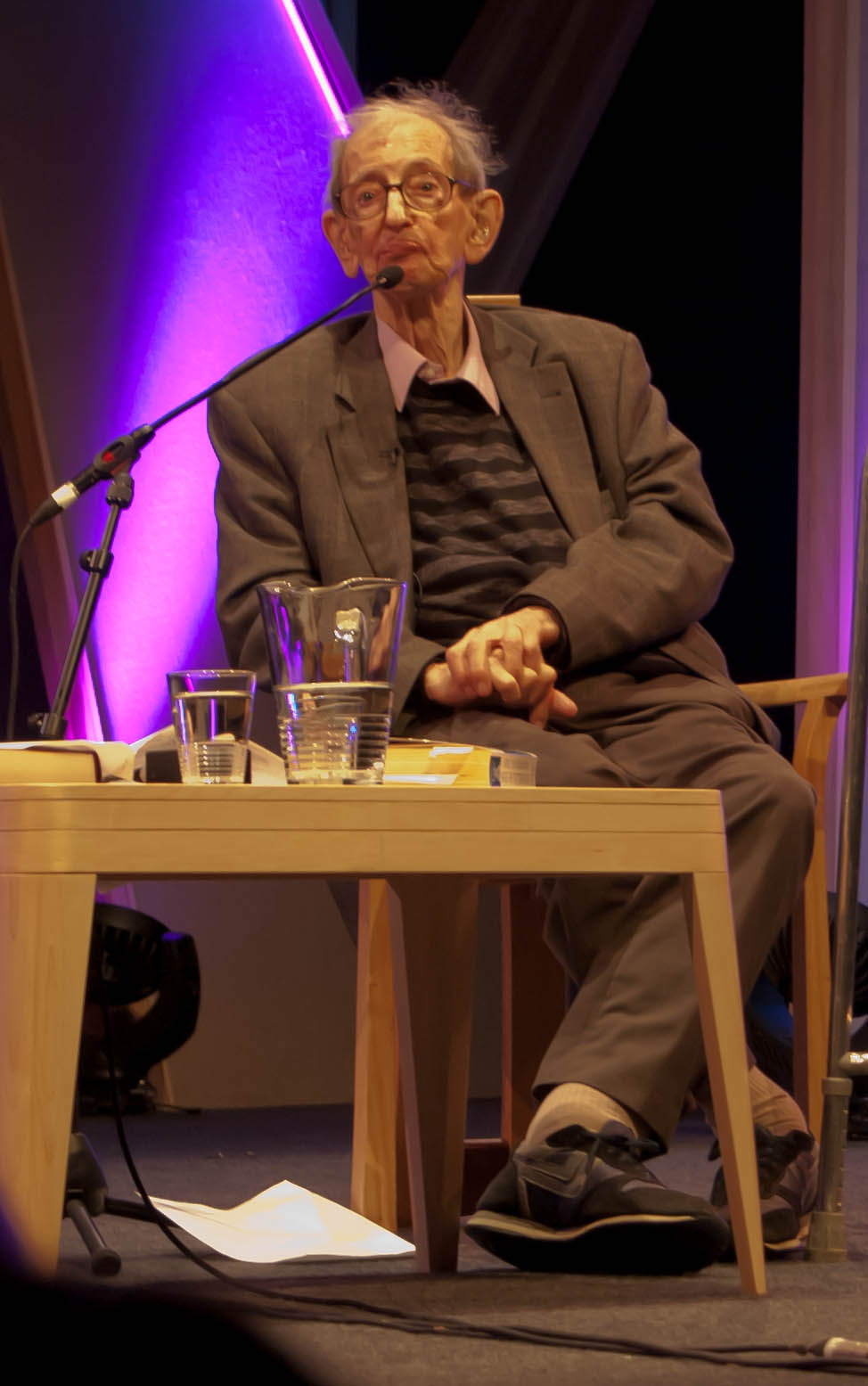Lavori
Il Secolo breve
Eric HobsbawmEric Hobsbawm frasi celebri
cap. 2, Dove vanno le arti?
La Fine della Cultura. Saggio su un secolo in crisi d'identità
cap. 1, Manifesti
La Fine della Cultura. Saggio su un secolo in crisi d'identità
“La società dei consumi pare considerare il silenzio un crimine.”
cap. 2, Dove vanno le arti?
La Fine della Cultura. Saggio su un secolo in crisi d'identità
cap. 2, Dove vanno le arti?
La Fine della Cultura. Saggio su un secolo in crisi d'identità
Eric Hobsbawm Frasi e Citazioni
Il secolo breve
“Il paradosso del comunismo al potere consisteva nel suo essere conservatore.”
da The Age of Extremes, p. 422
da Nazioni e nazionalismo dal 1780, Einaudi, Torino, 1991, p. 158
Anni interessanti. Autobiografia di uno storico, Rizzoli, Milano, 2002, p. 101. ISBN 88-17-87032-3
Eric Hobsbawm: Frasi in inglese
Origine: The Age of Revolution (1962), Chapter 15, Science
Preface to Pantheon Edition
Bandits (1969)
The Guardian http://www.guardian.co.uk/commentisfree/2009/apr/10/financial-crisis-capitalism-socialism-alternatives (2009).
“Human beings are not efficiently designed for a capitalist system of production.”
Origine: The Age of Extremes (1992), p. 414.
Origine: Bandits (1969), Chapter Two
Contesto: Banditry is freedom, but in a peasant society few can be free. most are shackled by double chains of lordship and labour, one reinforcing the other. For what makes peasants the victim of authority is not as much their economic vulnerability - indeed they are as often as not virtually self sufficient - as their mobility.
Origine: The Age of Extremes (1992), Chapter Sixteen, End of Socialism
Origine: The Age of Extremes (1992), Chapter Eleven, Cultural Revolution, p.338-339
Contesto: The old moral vocabulary of rights and duties, mutual obligations, sin and virtue, sacrifice, conscience, rewards, and penalties, could no longer be translated into the new language of desired gratification. Once such practices and institutions were no longer accepted as part of a way of ordering society that linked people to each other and ensured social cooperation and reproduction, most of their capacity to structure human social life vanished. They were reduced simply expressions of individuals' preferences, and claims that the law should recognize the supremacy of these preferences. Uncertainty and unpredictability impended. Compass needles no longer had a North, maps became useless.
Introduction
The Age of Extremes (1992)
Contesto: My object is to understand ad explain why things turned out the way they did, and how they hang together. For anyone of my age-group who has lived through all or most of the Short Twentieth Century this is inevitably also a autobiographical endeavor. We are talking about, amplifying (and correcting) our own memories. And we are talking as men and women of a particular time and place, involved, in various ways, in its history as actors in its dramas - however insignificant our parts - as observers of our times and, not least, as people whose views of the century have been formed by what we have come to see as its crucial events.
“Words are witnesses which often speak louder than documents.”
Introduction
The Age of Revolution (1962)
Contesto: Words are witnesses which often speak louder than documents. Let us consider a few English words, which were invented or gained their modern meanings, substantially in the period of sixty years with which this volume deals. They are such words as 'industry', 'industrialist', 'factory,' middle class,' 'working class,' and 'socialism.' They include 'aristocracy,' as well as 'railway,' 'liberal' and 'conservative' as political terms, 'nationality,'scientist,' and 'engineer,' 'proletariat,' and (economic) 'crisis'.
Origine: The Age of Extremes (1992), Chapter Six, The Arts 1914-1945
Origine: How to Change the World: Reflections on Marx and Marxism
As quoted by Eric Hobsbawn, in “A Question of Faith,” Maya Jaggi, The Guardian (Sept. 14, 2002)
How To Change the World: Reflections on Marx and Marxism (2011)
Mapping the Nation (Mappings Series) http://books.google.co.in/books?id=39IHUaOV9fUC&pg=PA263 (13 November 2012), p. 263.
Origine: The Age of Revolution (1962), Chapter 12, Ideology: Religion
Origine: Bandits (1969), Chapter One, What is Social Banditry
Origine: The Age of Revolution (1962), Chapter 6, Revolutions
How To Change the World: Reflections on Marx and Marxism (2011)
“The paradox of communism in power was that it was conservative.”
Origine: The Age of Extremes (1992), p. 422.
Bandits (Penguin, 1985), p. 25.
Origine: Nations and nationalism since 1780 programme, myth, reality (1992), pp. 76–77.
Origine: The Age of Revolution (1962), Chapter 13, Ideology: Secular
Origine: The Age of Revolution (1962), Chapter 16, Conclusion: Towards 1848
Origine: The Age of Extremes (1992), Chapter Eleven, Cultural Revolution, p.320
